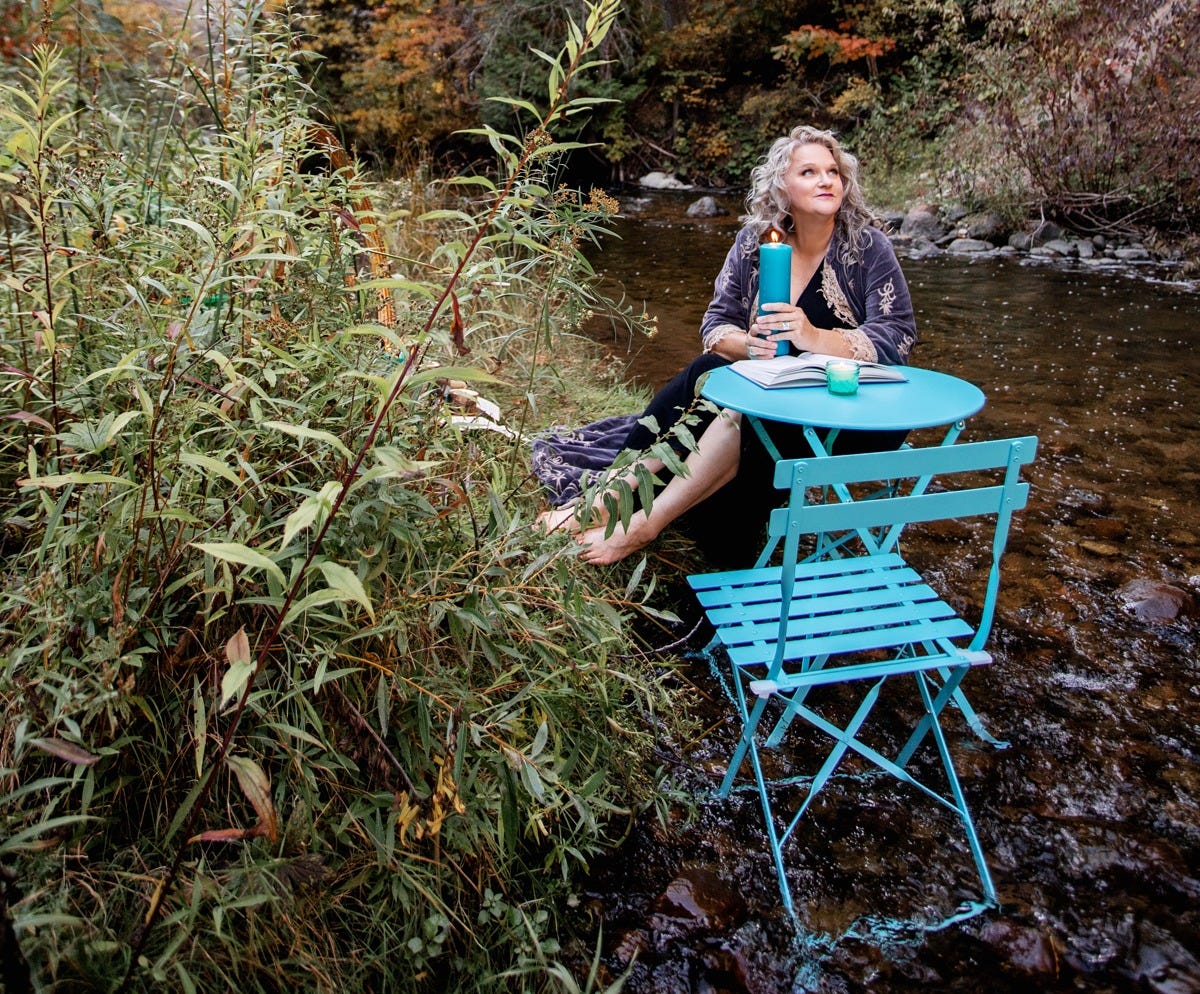Wandering to locate truth
pt. 2 What Mary Shelley continues to teach me about writing for truth's sake
I don’t know if I chose to be a wanderer, rather I let curiosity and later my feet take me where I needed to be. As a child, I was sent out of the house, out of my mother’s space and sight, and this opened a world to me, if for the pain for rejection.
My insatiable desire to know more was only a heady pursuit when I was very young. My feet were made for walking, something that started not long after I spent weeks in bed reading, poorly rewriting, and even more poorly illustrating versions of Mattel’s Tickle Pinkle when I had rheumatic fever. I shouldn’t ever tell anyone. “They won’t think you’re right in the head,” my mother said. I dreamed of my name on a book cover, so maybe my mother was right?!
Mary Shelley intervened for me.
When I was in my first year at University of Toronto, my romantic literature class pointed me to a book that was far from “romantic” in my mind. I’d yet to learn about Romanticism, the period, movement, or the style. (Those who know me would say I have yet to learn about small r romance at all.) My sleuthing for a copy of Frankenstein had me considering what posters I’d seen of a green, rivet-necked, block-headed character had to do with a cleverly written novel about a creature rejected by his creator, driven by the pain of it to heinous acts of violence, and ultimately leading a dog sled across the Arctic ice?
Rambles are the answer. So much was writing fuel for Mary Shelley. “…I could people the hours with creations far more interesting to me,” she wrote. She was more pleased by creating “castles in the air” and her dreams with “were at once more fantastic and agreeable than [her] writings.” [note 1, below] Writing was her preoccupation, companion, and self-hood. Mary wrote because she couldn’t not write.
I fell for the word “rambles” when I read it in Mary Shelley’s work. She used it differently than the somewhat derogatory way we know of it. Today, and in North America certainly, we use “rambling” to mean that someone isn’t getting to the point quickly enough for our liking. Shelley used ramble to mean wandering without a fixed destination. And she used it as a NOUN.
On good days, I can conclude my life has been comprised of rambles. On challenging days, the inner critic finds much less kind language for my choices and actions. I went from urban studies with an English literature minor into urban politics. I worked as an land use and policy planner, and when I was pregnant with my first son, completed a Masters degree in urban design with attention to incorporating history into urban experiences. That covered a decade, and raising my sons, with home-based businesses consumed another, or was it three?
Part of my ramble now is to go where the path leads, as always, toward book projects and writing topics. The path is taking me back in my memory, as it so often does. But this fuel finding mission of writing is not easeful. I imagine that Mary Shelley’s rambles weren’t either. She returned to Europe and toured countries with her adult son that had been the locations of travels, deaths, writing, and drama in her personal life when she was a young woman. (note 2) Grief was tied to location for Mary.
I don’t ramble with ease. I don’t think any of us writers who are telling the truth do. Recent news that writer “Raynor Winn” tailored her story to some “selection of truths” in her widely read memoir make me nod with something like understanding: it would be easier to lie, as a memoirist, wouldn’t it?
I’m unwilling to betray the past or myself by fabricating more palpable stories than the truths of my memory. My next memoir is ambitious. So will the books under my own name that follow it.
“My dreams were all my own; I accounted for them to nobody; they were my refuge when annoyed—my dearest pleasure when free. I wrote then—but in a most common-place style,” she told us. And in homage to the challenges of writing she reminded that invention is not about creating out of the void, but out of chaos. I’m with Mary. I’ll suffer for the best possible way to tell the truth, rather than iron out wrinkles for my future reader and sail more smoothly.




